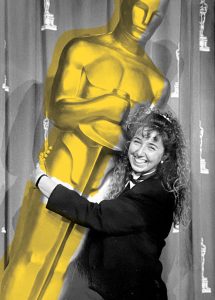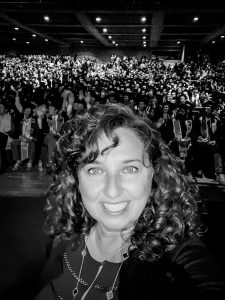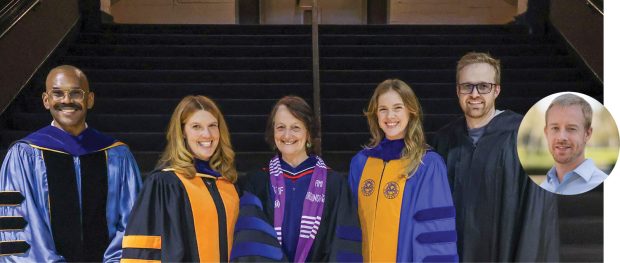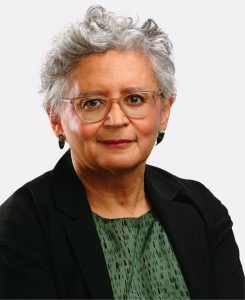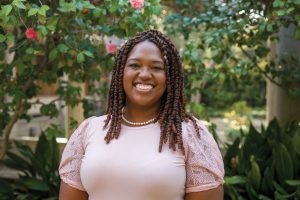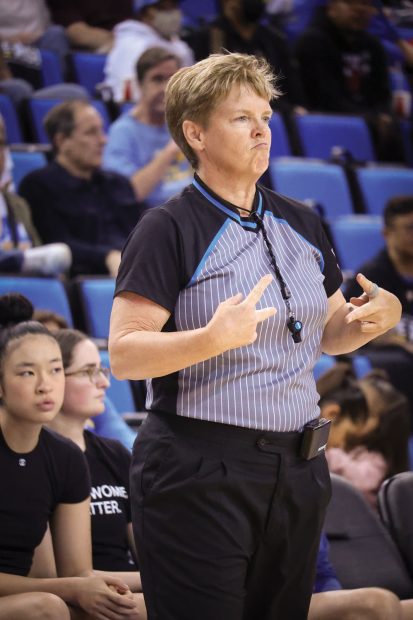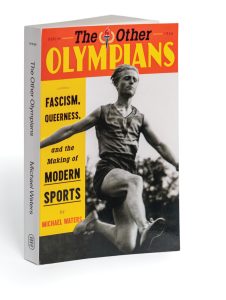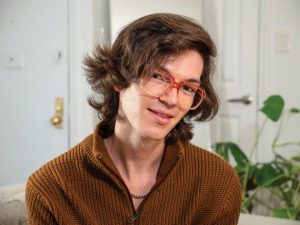It wasn’t until after I retired in 2008 that I realized my entire career—first as a specialist on U.S.-Latin American relations, then as a theorist on global implications of the information revolution—sprang from two casual remarks by my great friend Henry Bastien ’63.
The first was in the summer of ’61, when he said, “Let’s go to Mexico for our junior year.”
If he’d not suggested studying at Mexico City College, I never would have become a Latin American specialist. I changed my major every semester my freshman and sophomore years. First it was English (gonna write a Great American Novel). Then psychology (gonna learn how minds work). Next art (gonna be an architect). And then, government (I forget why). Going to Mexico ended that uncertainty.
Soon as I returned for my senior year, I settled on international relations, with additional studies in Latin American history. I lucked out in having two terrific professors, Henry Cord Meyer and Michael Armacost, plus a fine visiting prof on Latin American history, Donald Bray. Then came Stanford University for an M.A. in Latin American studies, plus a Ph.D. in political science.
Next, on to RAND in 1972 as an analyst on U.S.-Latin American relations, mostly regarding Mexico, Cuba and Central America, plus aspects of international terrorism.
Henry reoriented my career a second time when I visited him at home in Mount Baldy Village around 1975. As I was leaving, he waved Alvin Toffler’s 1970 book Future Shock and urged me to read it. It forecast a world-changing information revolution. I suddenly wanted to work on its global implications for political and security matters.
It took me 10 years to re-educate myself and make the transition, but I finally came up with results: a paper predicting the rise of a new form of government—I called it cyberocracy—that would redefine technocracy and democracy. Accordingly, the information revolution would favor network forms of organization, making them more attractive than hierarchies as a way to get stuff done. We would live in a world of networks versus nations.
Soon after the publication of the paper in 1991, a new colleague walked into my office and declared, “David, I have a single word for you: cyberwar.” Thus began a collaboration in which we formulated new concepts for rethinking the entire future conflict spectrum with terms like cyberwar, netwar and swarming (coordinated, networked strikes from multiple directions).
Plus, I got to meet Toffler, who wrote a foreword for one of our volumes.
Late in the 1990s, we worked on broader implications for statecraft. The information age will mean that “whose story wins” becomes almost as decisive as “whose weaponry wins.” The importance of “soft power”—e.g., narrative strategy, cognitive warfare—will grow relative to the traditional importance of “hard power.” But how to express that? Hard-power strategists had their classic realpolitik concept; soft-power strategists had nothing comparable.
So we turned to a century-old scientific vision whereby Earth first evolved a geological layer, the geosphere, then eons later a biosphere full of plant and animal life, including people. In this vision first proposed in the 1920s, a third layer would emerge next: the noosphere (from the Greek root “noos” meaning “mind”)—a globe-circling “thinking circuit” that would interconnect all cultures, religions, ideologies and mentalities, thus enabling higher levels of global cooperation, but also conflict.
We saw it was already taking shape, with immense implications for strategy. So we came up with a comprehensive new soft-power concept: noopolitik as an alternative to realpolitik—and later added noopolitics as a contrast to geopolitics. All this is playing out now in the fights over Ukraine and Gaza, where both noopolitical and geopolitical maneuvering are vigorously in play.
Meanwhile, while wondering what forms of organization besides networks were important, I unearthed a new framework about past, present and future social evolution. Accordingly, societies have relied across the ages on four cardinal forms of organization: tribes, hierarchical institutions, markets and information-age networks—in that order. This framework proved immediately useful, not only to forecast cyberwar and netwar as modes of conflict, but also to herald new modes of collaboration and coordination for those such as activists in non-government organizations working on human rights, environmental and other social problems.
I wanted to finish this framework at RAND but opted to retire in 2008 and continue at home. Here’s one implication I’m still trying to write up: For 200 years, our society has had three major realms: civil society, government, the economy. In the decades ahead, a fourth—a “commons sector”?—will slowly materialize around the network form. It will become the new home for those interconnected challenges that the existing three sectors no longer handle very well, such as health, education, welfare, the environment. They will all move, and be moved, into this next realm, vastly strengthening and improving our society.
My classmate Henry Bastien and I remain great friends, with keen memories of Pomona’s value to our lives. And in keeping with Pomona College Magazine’s most recent issue, I’m sure Pomona’s emphasis on liberal arts educated me to have sufficient flexibility and adaptability to refocus my career. But I better be careful around Henry now—I’m not sure I could handle a third shift at this point in life.
